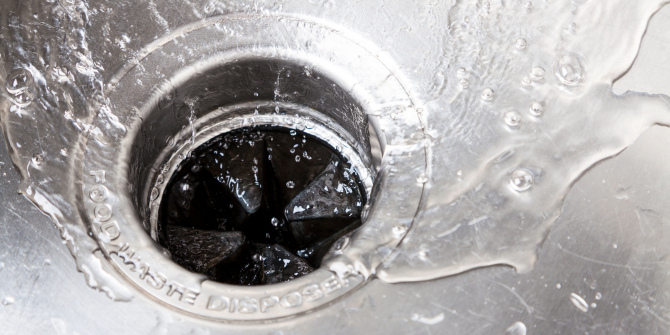There are plenty of misconceptions out there about septic tanks. Dealing with septic tank installations on a daily basis means that we know septic tanks in and out, and therefore are the perfect people to debunk some common myths about septic tanks.
From what can go down the drain, to the life expectancy of a septic system, we look into some of the myths which pop up time and time again. Carry on reading to debunk!
Myth 1: You Can Flush Anything Into Your Septic System
An extremely popular myth, and one which can be detrimental to the overall health of your septic system, pipes and more. Categorically, you should not be flushing anything and everything down into your septic system which does not belong. This includes common household items such as grease, makeup or baby wipes, hair (pet fur included) and so many other items.
Contaminants from household products, along with items which do not decompose in a septic tank environment can actually wreak havoc on your septic system, causing blockages, upsetting the microbial environment and leading to the damage and dysfunction of your tank.
Many people think that once it is underground, it’s not their problem to fix – this is a dangerous mindset! Hence, you should always ensure that the products you are flushing down your drains are septic tank approved.
Myth 2: You Need To Empty Your Septic Tank Every Year
This myth is very much along the lines of: ‘how long is a piece of string?’. For every single septic system, the frequency in which your septic tank needs emptying will vary depending on a number of factors.
As septic tank installers, we know that the timescale afforded to septic tank emptying is different for each client depending on their usage, the number of occupants in the property, how well they treat their septic tank, the age and size of their septic system and the list continues.
Emptying your septic tank is not simply a matter of yearly routine, but it should be done in accordance with the above factors and the overall performance of your septic system. Not everybody’s experience is going to be the same! With that being said, the maintenance of your septic system is of the utmost importance, and our septic tank experts are here to help you keep your system working its best.
Myth 3: Your Septic Tank Will Only Last 20 Years
Very similar to the above myth, the longevity of your septic tank has everything to do with the upkeep and maintenance of your septic system.
Generally speaking, septic tanks have the capacity to live between 15-40 years, sometimes more and other times less. As with many things, the lifespan of your system depends on how well it is looked after. Simply put, a well-looked after septic tank will last longer, and vice versa.
While there may be other external factors which affect your system’s lifespan, like tree root damage for example, they should be taken care of as soon as possible to extend the life of your system. This is why routine maintenance of your septic system is vital to prevent these external factors from worsening your tank’s health.
Our septic tank repair service, as well as our CCTV drain surveys are here to help you diagnose, and then fix these problems as and when they occur.
Want To Learn More From The Septic Tank Experts?
Although we have only discussed three of the most common myths about septic tanks, we know there are plenty other misconceptions out there. The best way to get the right information about these myths is to contact the friendly and knowledgeable team here at Proseptic, and we can offer the best advice for your unique septic tank situation.
